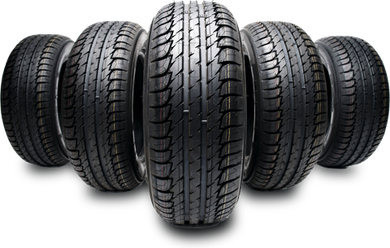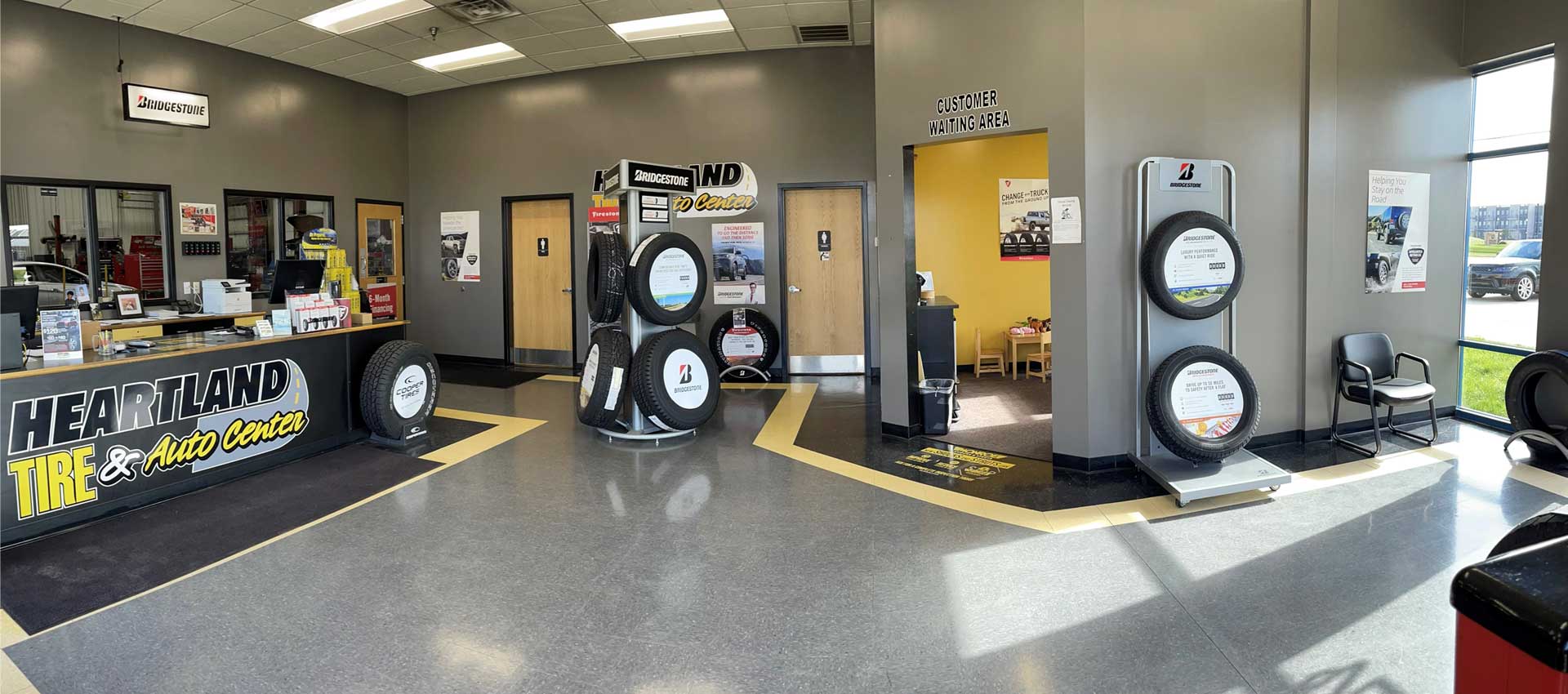Specialist Morris Tire and Alignment: Improve Your Lorry's Performance
Specialist Morris Tire and Alignment: Improve Your Lorry's Performance
Blog Article
Tire Service: The Impact of Weather Condition Conditions
When it involves making certain optimum efficiency and security when traveling, comprehending the influence of weather condition conditions on tire service is important. From scorching warmth to icy roadways, each weather condition component can substantially affect tire performance and total driving experience. By delving right into the results of varying climate condition on tires, vehicle drivers can get useful insights that may enhance their vehicle's performance and longevity. In this discussion, we will certainly check out the elaborate partnership in between weather conditions and tire solution, clarifying the value of weather-specific tire maintenance techniques and factors to consider.
Warm and Tire Efficiency
When exposed to high temperature levels, tires experience changes in performance that can dramatically affect vehicle security and handling. The warm generated from long term driving or warm weather condition conditions creates the tire rubber to soften, leading to reduced step life and raised wear.
Furthermore, high temperatures can accelerate the procedure of tire aging, causing the rubber to deteriorate quicker. This can cause cracks, bulges, and various other forms of damages that compromise the structural honesty of the tire. To alleviate the impacts of heat on tire performance, drivers should on a regular basis check their tire stress, rotate tires to ensure even put on, and check for any indicators of damages. In addition, utilizing tires specifically made to stand up to heats can assist keep optimal performance and security on the road.
Winter Results
Cold climate conditions can have a substantial influence on tire performance and safety. In chilly weather condition, tires may likewise shed air stress a lot more swiftly, which can influence managing and gas performance.
To reduce the effects of winter on tires, it is vital to consistently inspect tire pressure and inflate them to the maker's recommended degrees. Utilizing wintertime or all-season tires created for winter conditions can also improve traction and grasp on icy or snowy roadways - discount tires morris il. Proper tire upkeep, including normal examinations for wear and damages, ends up being a lot more important throughout colder months to ensure ideal performance and security
Rainy Issues Influence
Tires with damaged footsteps are extra susceptible to hydroplaning, where a layer of water builds up between the roadway and the tire surface area, leading to loss of traction. To battle this, chauffeurs need to consistently inspect their tires for ample tread deepness and think about spending in tires particularly designed for damp problems.

Snow and Tire Safety
Snow-covered roadways pose unique obstacles for chauffeurs, highlighting the relevance of proper tire selection and upkeep. When driving in snowy conditions, having the ideal tires can make a substantial distinction in security and performance. Winter months tires are designed with unique rubber compounds and step patterns to give much better grip on snow and ice contrasted to all-season tires. The much deeper treads and sipes of look these up wintertime tires aid grip the roadway better, lowering the threat of sliding and sliding.
In addition to utilizing winter season tires, it is important to ensure they are effectively inflated. Winter can trigger tire pressure to go down, affecting grip and handling (morris tire and alignment). On a regular basis checking and preserving the right tire pressure is vital for ideal performance in snowy conditions

Weather-Related Tire Maintenance
Weather-related tire upkeep includes a range of practices aimed at guaranteeing ideal tire feature and durability in different weather condition scenarios. One key element of weather-related tire maintenance is tire stress law. Examining tire step routinely and replacing tires when tread wear reaches a particular depth is important for keeping traction and stability in adverse weather condition.
Final Thought
In conclusion, climate condition have a substantial impact on tire performance and security. From warmth impacting tire stress and use to winter lowering traction, it is important to consider the weather condition when keeping and making use of tires. Stormy problems can lower grip and lead to hydroplaning, while snow can boost the danger of mishaps if tires are not properly equipped. Weather-related tire maintenance is crucial in making sure optimum performance and safety when traveling.
In this conversation, we will discover the complex relationship between climate conditions and tire solution, shedding light on the significance of weather-specific tire upkeep methods and considerations.

Report this page